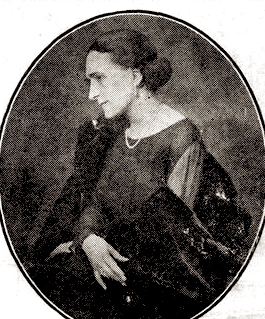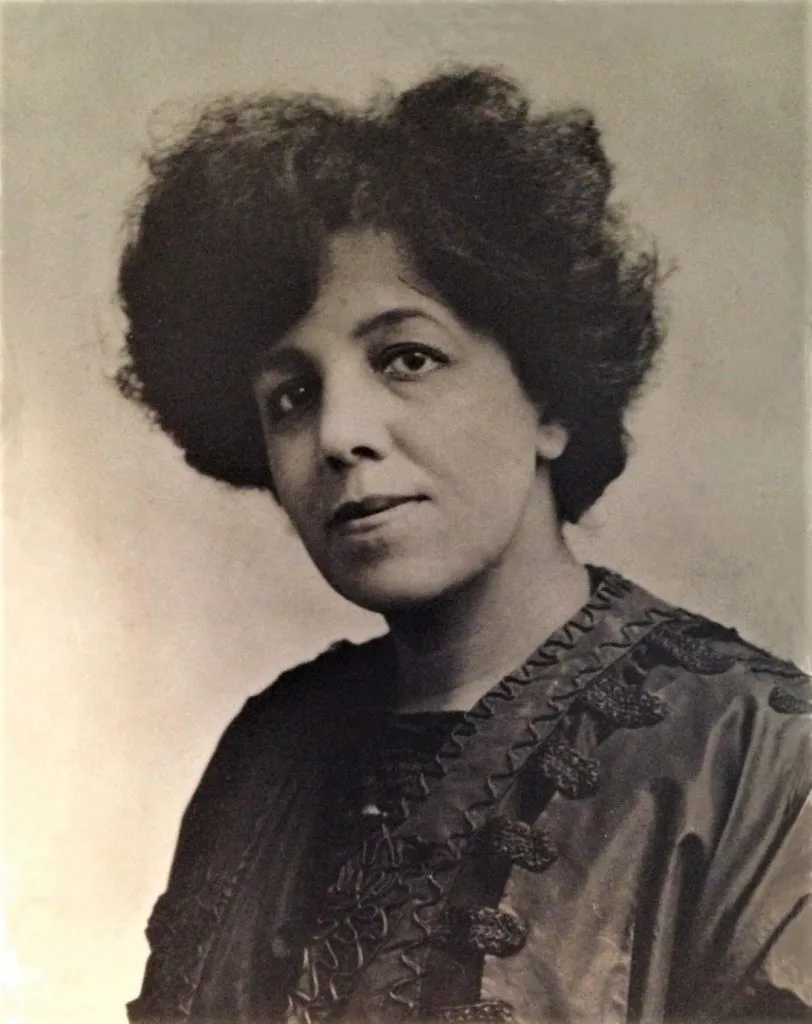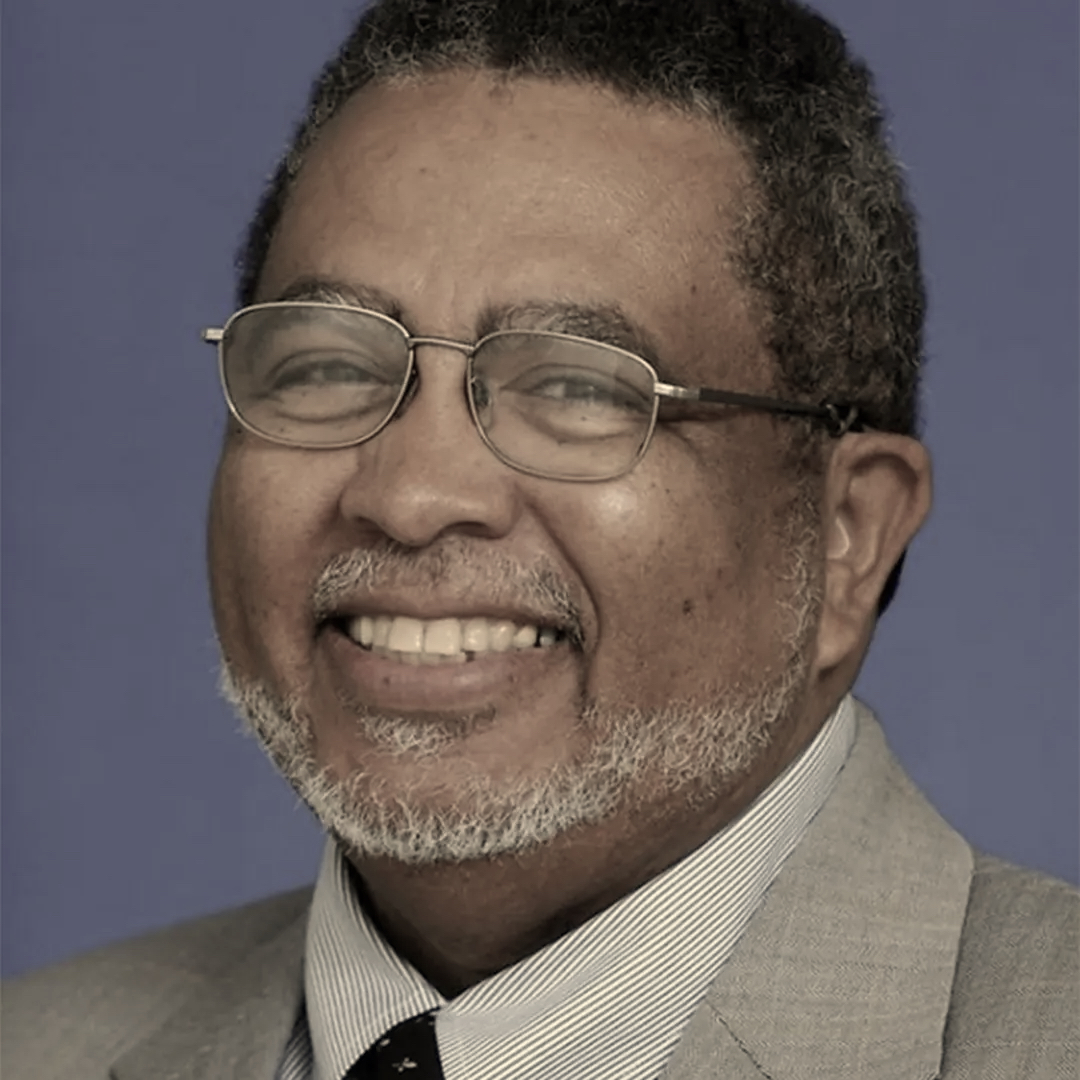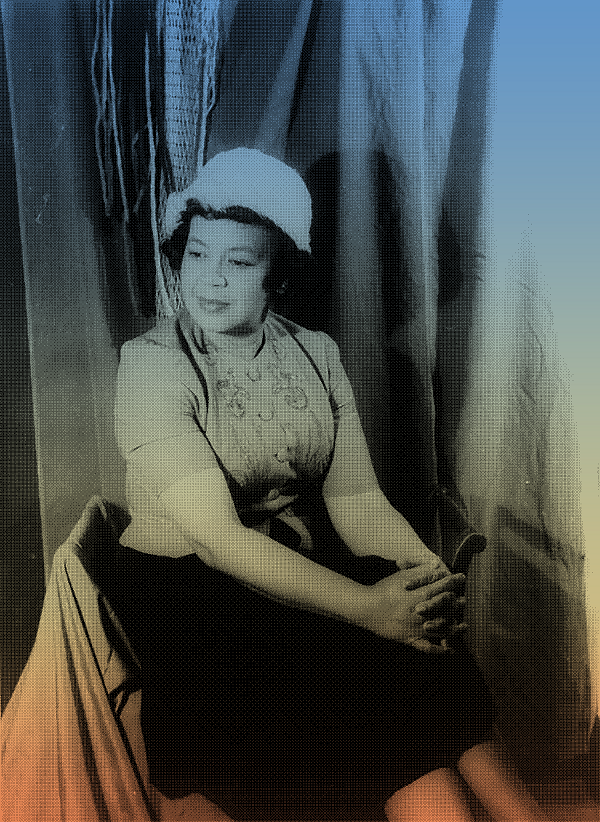Carmela Mackenna was a Chilean woman composer who wrote a wide variety of works, including solo piano pieces, chamber music, choral music, orchestral music, and songs. She belonged to an aristocratic family, and thus received training in music and foreign languages. Mackenna married a diplomat, so her life involved traveling to many different countries in South America and Europe. In 1926, she and her husband arrived in Berlin, Germany, where Mackenna studied privately with pianist and composer Conrad Ansorge and musicologist Hans Mersmann. Mackenna’s music achieved critical renown when, in 1936, she won second place in a Frankfurt competition for sacred music with her Mass for Mixed Chorus a Cappella.
Mackenna’s output for voice and piano is vibrant and inventive, and it engages with different languages and musical styles. For example, her cycle of four songs, titled Lieder, recalls the folk-like songs of Schubert, while songs such as her Zwei Gesänge sound more expressionist, with greater tonal freedom and chromaticism and more independent piano parts. She set German, Spanish, English, Latin, and French texts, using poetry by Pablo Neruda, Paul Verlaine, and many other authors.
Although the music of Carmela Mackenna has not been thoroughly studied, younger generations of performers and scholars have shown a growing interest in her life and work. Her songs had never been recorded professionally until I created these recordings with soprano Camille Ortiz and bass-baritone Craig Phillips (engineered by Joseph Wenda). I hope that more musicians start to include her wonderful repertoire in lessons, concerts, research projects, and music curricula.
—Written by Camila Osses
Additional Resources
- Bustos Valderrama, Raquel. “Carmela Mackenna Subercaseaux.” Revista Musical Chilena 38/159 (1983): 50–75. [in Spanish]
- Bustos Valderrama, Raquel. “Mackenna (Subercaseaux), Carmela.” Grove Music Online, ed. Deane Root.




